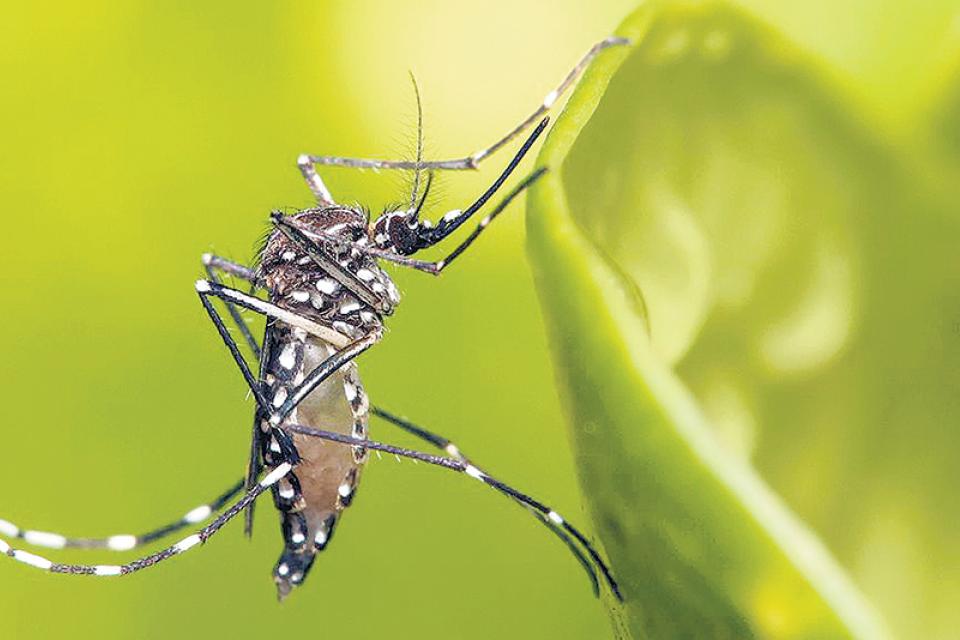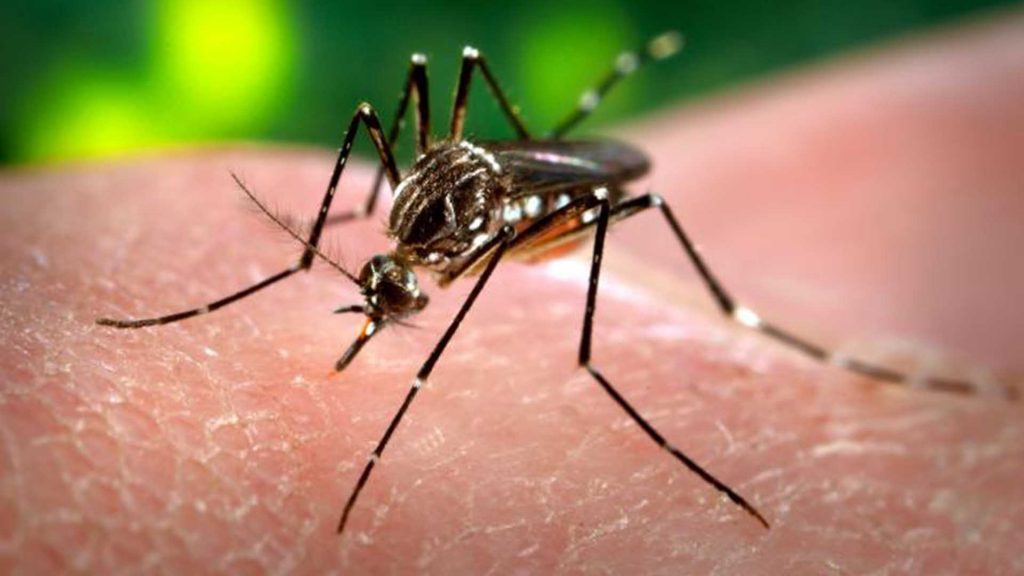The advances to combat dengue in Buenos Aires have reached new areas and bring encouraging news.
Indeed, the provincial Ministry of Health is part of an interdisciplinary project that uses advanced techniques of Artificial Intelligence (AI) to prevent the disease.
The work is led by the researcher from the International Center for Advanced Studies (ICAS) at the National University of San Martín (UNSAM), Ezequiel Álvarez.
Dengue in Buenos Aires: how they investigate with AI
The project uses advanced Bayesian Artificial Intelligence techniques to predict early dengue outbreaks. This allows for action in those outbreaks and to mitigate their spread.
 New research to prevent dengue.
New research to prevent dengue.
“The development, which involves biologists, zoologists, epidemiologists, and officials from the Buenos Aires government team seeks to optimize public health resources and strengthen continuous prevention,” they explained.
“This would lead to a sustained decrease in cases and lower costs for the healthcare system,” they officially communicated.
This initiative incorporates AI to control outbreaks, and is part of the Buenos Aires Plan for Prevention and Action against Dengue. This also includes teleconsultations for people with mild symptoms of the disease, who can access it through the My Digital Health portal.
“In the dynamics of the dengue epidemic, as in any system, many processes occur that are related to each other and depend on certain magnitudes,” they expressed.
“Therefore, the number of infected mosquitoes in a block, the number of true sick people in a block, and the level of cleaning of the block are part of the unobserved magnitudes.”
The dengue detection system with AI
The outbreak detector works as follows: it looks for a signal, which is mathematical, and that emerges above a background where cases are proportional to a “Poisson” distribution.
That is, a discrete probability distribution that describes the number of times an event occurs during a specific interval—proportional to the population density.
Then, as they detailed, the system runs every day and updates to detect where new outbreaks emerge, consistently detecting how everything is happening.
Thanks to this development, it is possible to observe daily visits to the hospital, the weather, calls to the 148 hotline, and determine the probability of the number of infected mosquitoes or the amount of cleaning in each block, among other variables.
Dengue symptoms
 Dengue in Argentina
Dengue in Argentina
Dengue symptoms include:
- Fever and headache, muscle and joint pain
- Nausea and vomiting
- Severe fatigue <li-Appearance of skin rashes
- Itching and/or bleeding from the nose and gums
When facing these symptoms, it is important not to self-medicate and to seek medical attention.
Do not take aspirin, ibuprofen, or receive intramuscular injections as it may worsen the disease.
Do you already know our YouTube channel? Subscribe now!

